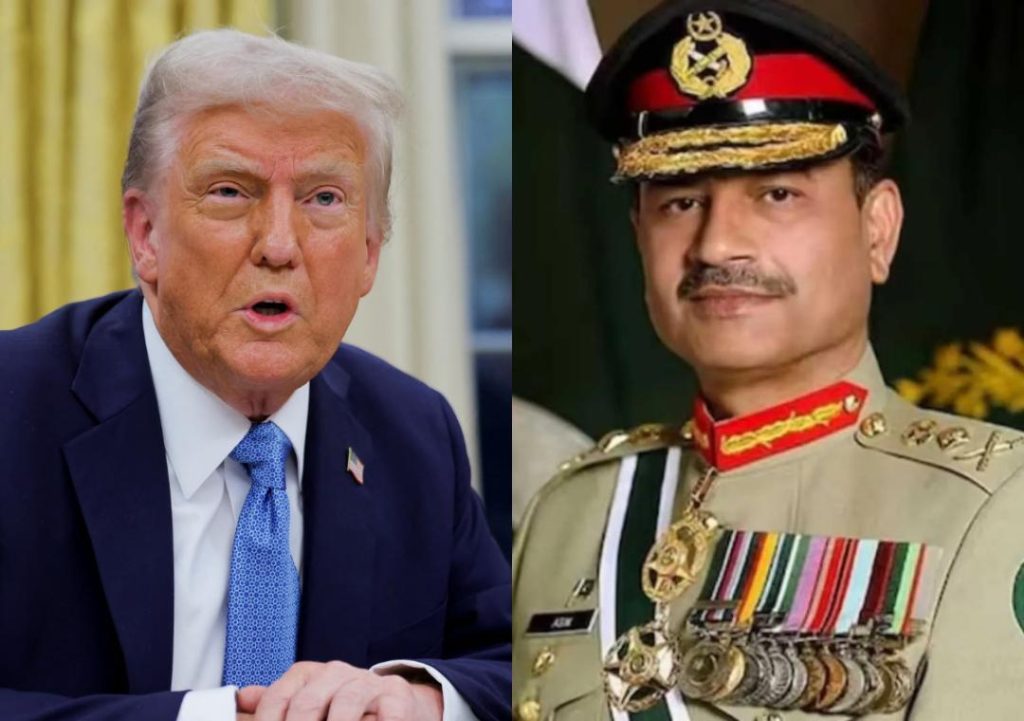
Pak crypto deal with links to Trump, Asim Munir under scrutiny in India & US: Report
The recent deal between Pakistan’s Crypto Council and US-based World Liberty Financial (WLF) has sent shockwaves across the globe, with both India and the US putting the agreement under scrutiny. The controversy surrounding the deal stems from its alleged links to US President Donald Trump’s family and Pakistan’s Army Chief Asim Munir.
As per reports, Pakistan’s Crypto Council, which was established just a few weeks ago, has entered into a partnership with WLF, a US-based cryptocurrency firm. What’s raising eyebrows is that Trump’s sons, Eric and Trump Junior, and son-in-law Jared Kushner, collectively own 60% of WLF. This has sparked concerns about the potential influence of the Trump family on the deal and its implications for the global cryptocurrency market.
Moreover, the report highlights that Pakistan Army Chief Asim Munir personally welcomed US officials who came to sign the deal. This has led to questions about the role of the Pakistani military in the agreement and whether it has any bearing on the country’s diplomatic relations with the US.
The deal, which has been shrouded in secrecy, is believed to involve the exchange of cryptocurrencies for Pakistani rupees. The terms of the agreement have not been made public, but sources suggest that it could have significant implications for Pakistan’s economy and its relations with the US.
India, in particular, has expressed concerns about the deal, citing its potential impact on the country’s financial stability. India’s financial regulators have been keeping a close eye on the development, and several experts have called for a thorough investigation into the matter.
The US, too, has raised eyebrows over the deal, with some lawmakers questioning the involvement of Trump’s family in the agreement. The controversy has led to a heated debate in the US about the potential risks and benefits of cryptocurrencies and the need for greater regulation in the space.
Critics of the deal argue that it could compromise Pakistan’s sovereignty and create a backdoor for foreign intervention in the country’s financial affairs. They also point out that the deal could create a new avenue for money laundering and other financial crimes.
On the other hand, supporters of the deal argue that it could bring much-needed foreign investment and expertise to Pakistan’s cryptocurrency sector. They also point out that the deal could help Pakistan to improve its financial stability and reduce its dependence on traditional foreign aid.
As the controversy surrounding the deal continues to unfold, it remains to be seen what the long-term implications will be for Pakistan, the US, and the global cryptocurrency market. One thing is clear, however: the deal has set off a firestorm of controversy and has raised important questions about the role of cryptocurrencies in international diplomacy and finance.






